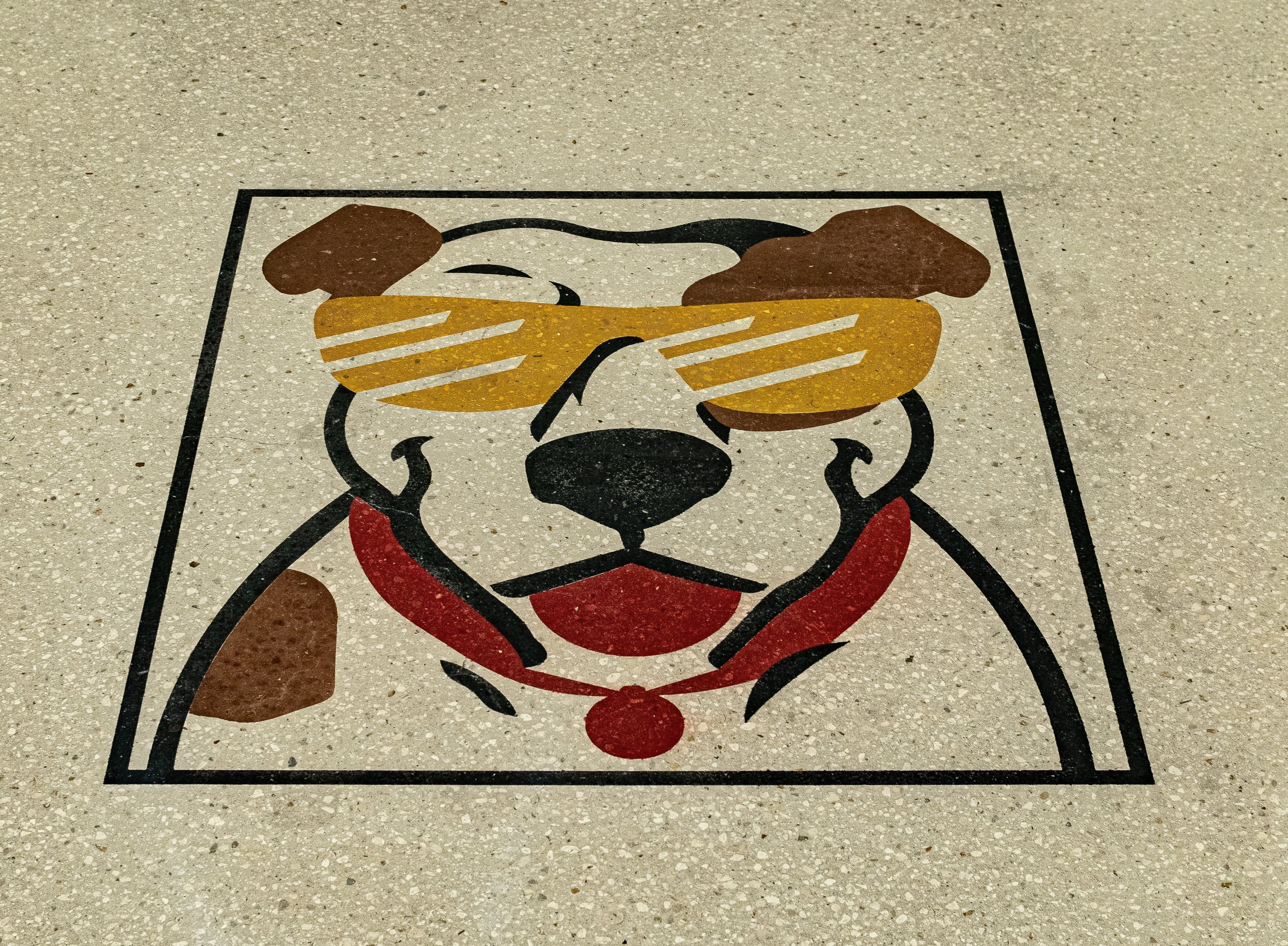
How to Safely Work with Epoxy Resin
A safe job is a successful job
Successful epoxy resin flooring contractors aren't just built off their results, they're built off how they get them, too. One of the most important parts of a well-done project is workplace safety. And it's not just for your benefit, either. A careful job often delivers a higher quality result!
Our guide here will help you understand the risks associated with epoxy resin, what you need to stay safe and important safety practices.
What Are the Risks With Epoxy Resin?
Flooring contractors know they have to respect their resin to get the best out of it. That means understanding its potential risks, too. VOCs to skin contact, we want to help you understand what you're working with. With our help, and a little planning, you can make every job a safe job!
Most risks that epoxy resin comes with are only dangerous if exposure is prolonged or repeated. For examples, the chemical smell of epoxy resin is actually a symptom of its VOCs - volatile organic compounds - which can cause trouble breathing if you're working unprotected or are exposed for a long period.
Same can be said with skin exposure - as long as you wash with a mild soap and warm water, the occasional, accidental exposure isn't harmful. But repeated exposure without protection like gloves can cause rashes, even burns (especially while mixing the epoxy resin).
What You Need to Stay Safe
Your equipment is the front line defense to any risks working with epoxy. When you combine the right equipment with the knowledge to stay careful, you make work that much safer.
- Gloves: Epoxy is most dangerous during the mixing process, but even during installation you should be careful of skin contact. Quality gloves are a great barrier of defense against this.
- Eye Protection: Whether its fumes or splashing epoxy, you'll never regret having eye protection on the job.
- Shoes: Spiked shoes fill a double purpose on an epoxy project. Not only will they help you work on the epoxy without ruining it. But, it'll also prevent you from tripping on sticky epoxy resin!
- Dust Shrouds & Vacuum: On any closed-in jobsite, especially if you're grinding, dust shrouds are a must. You'll need an industrial-vacuum, too, to be really sure. Dust, especially prolonged exposure to it, can cause long-term lung issues.
- Respirator / Mask: Alongside a dust shroud and a vacuum, your strongest line of defense against dust is a respirator, or any form of mask. Between dust and VOCs, even a standard N95 mask is a great defense against these hazards.
- Skin Protection: Long sleeve shirts, long pants, closed-toe shoes, all of these are your barriers against accidental skin exposure.
Ventilation Strategies for a Safe Epoxy Workspace
Often neglected by contractors, ventilation is the most effective way to eliminate risks with epoxy resin. Here are some of the basics of achieving proper ventilation in your epoxy workspace:
- Work in Open Air Areas: If you can take your work outside, you should! The next best thing is to open any windows or doors. For garage flooring jobs, even just opening the garage door will massively improve ventilation.
- Use Ventilation Systems: Even a small fan will help, but the bigger, the better. For any warehouse or large flooring jobs, you should have industrial fans running to help reduce breathing hazards.
- Dust Shrouds & Industrial Vacuums: Any job that requires any level of grinding, especially grinding concrete, needs to be protected by a dust shroud / vacuum system. Concrete dust is harmful, especially with repeated and prolonged exposure.

Emergency Procedures for Harmful Epoxy Resin Exposure
Everything before this is planning, preparation, and careful work. But not every risk can be perfectly prevented all the time. Here's what you do in some common emergency exposures:
- Epoxy Eye Exposure: Flush eyes with clean, lukewarm water for 15 minutes to fully rinse any resin. If irritation persists throughout the day, consult medical professionals.
- Epoxy Resin Skin Contact: Remove exposed clothing. Wash affected area with clean, lukewarm water. Seek medical advice if irritation continues.
- Inhalation of Epoxy VOCs / Dust: Take regular breaks in the open air. If you feeling nauseous or dizzy, step out for an extended period and then try to improve air circulation in your workspace. If breathing difficulties persist, seek medical attention.
- Ingestion: While more uncommon than the other risks, ingestion can happen. In such an event, do not induce vomiting. Seek immediate medical attention.
If you have an emergency not stated here, consult the nearest safety professional. If the exposure is serious or life-threatening, consult medical professionals immediately. A job site with solid emergency procedures is more likely to be able to prevent emergencies in the first place. And if an emergency does occur, you'll be able to respond swiftly and appropriately to unforeseen incidents. Work smarter and safer!
Conclusion
Safer jobs means more careful work, which often means higher quality floors. It pays to be safe! Every contractor needs to know the potential dangers, invest in protective gear, and be familiar with emergency protocols. For DIYers or contractors success, we're here at EpoxyETC to help you embark on projects with confidence and security!
At EpoxyETC, we want to make every jobsite safer and more efficient. If you want professional-grade results, you have to lean on professionals. Contact our team at (954) 228-8856 for any guidance you might need! For high-quality resources, grinders, resins, and more, explore our online EpoxyETC store.
- concrete
- concrete floors
- diy epoxy
- diy epoxy resin
- efficient flooring installation
- epoxy
- epoxy accessories
- epoxy contractor
- epoxy diy
- epoxy efficiency
- epoxy exposure
- epoxy issues
- epoxy preparation
- epoxy projects
- epoxy resin
- epoxy resin risks
- epoxy risks
- epoxy safety
- epoxy solutions
- epoxy troubleshooting
- flooring tips
- safe epoxy
- surface preparation




